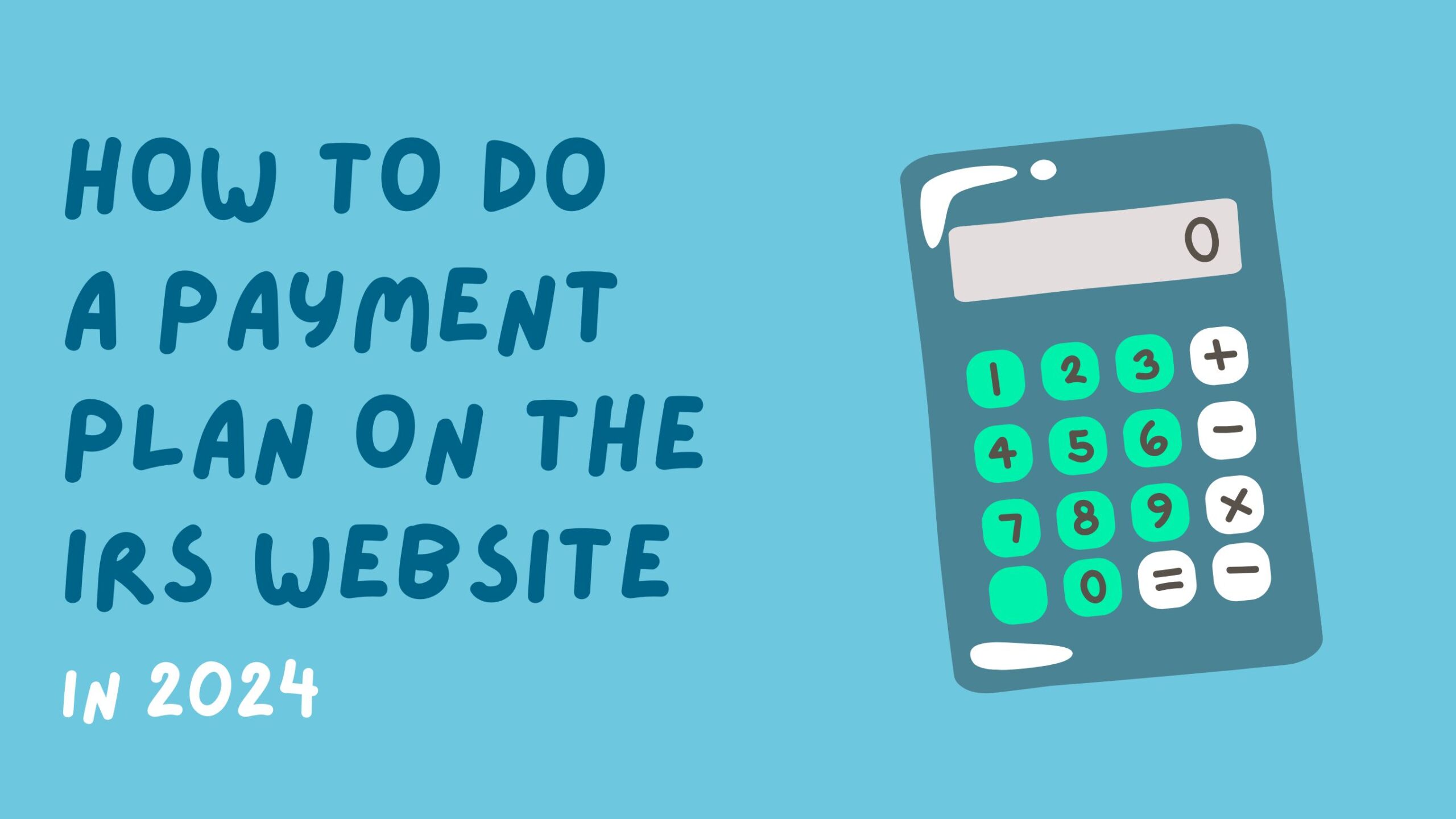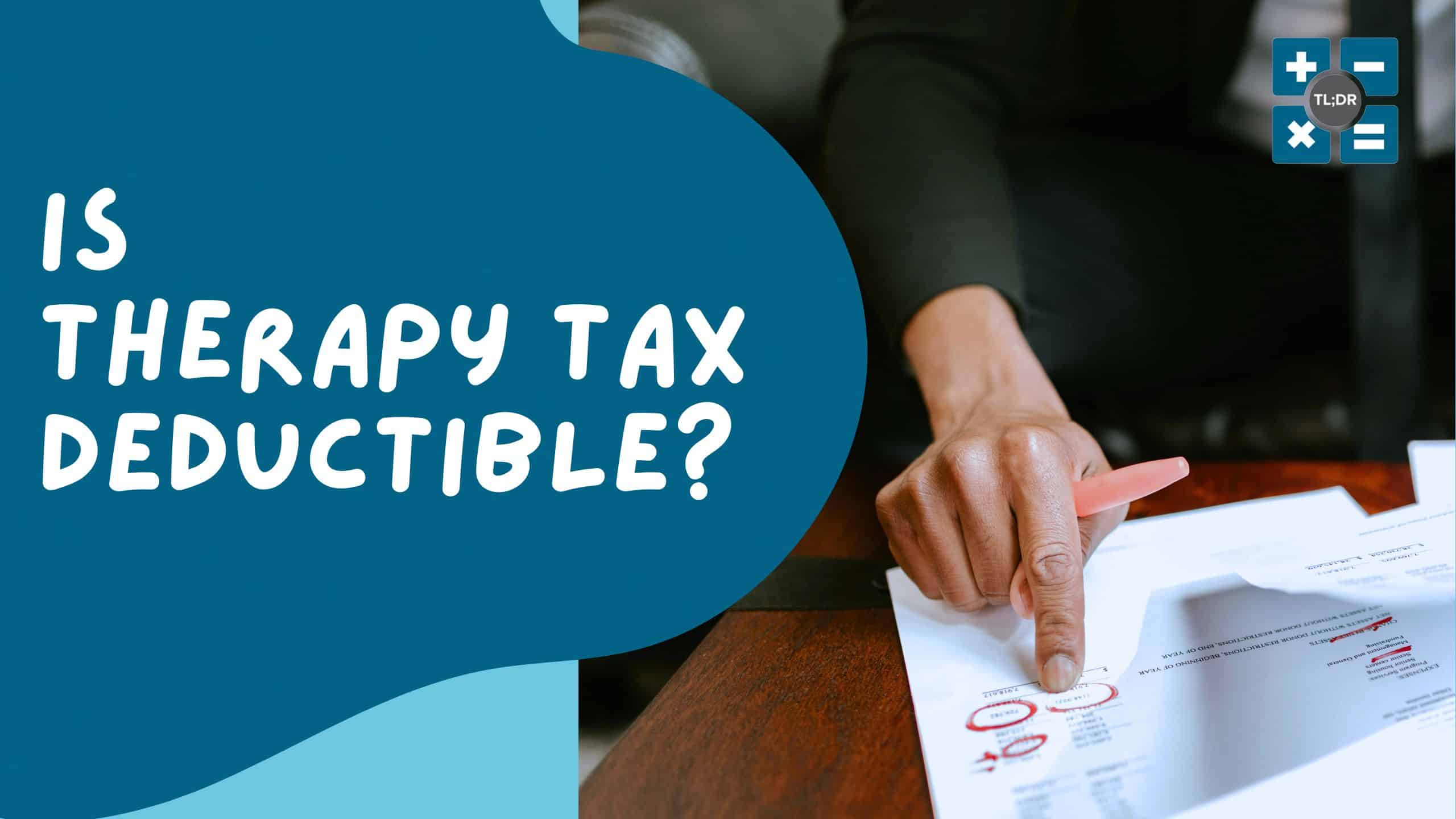When you think of B&O taxes, does it make you think of Washington State taxes? (Personally, it makes me think of the B&O Railroad from Monopoly). It’s important to realize Business & Occupation taxes are not just state taxes but are collected as part of city, county, and state taxes. Read more about the new Surcharge here.
City Taxes
Cities generally tax businesses on revenue. In the interest of brevity we will center this section around the city of Seattle, which uses the FileLocal website for B&O taxes, though several nearby cities also use the FileLocal website.
Seattle businesses must file for B&O taxes on a periodic basis depending on their estimated annual income; regardless of the frequency, they are always due on the last day of the month. Monthly filers of course file every month. If you file quarterly, your return is due in April, August, October, or January (the month after the quarter ends). Annual filers’ returns are due January 31st each year.
In Seattle, there is also a city tax on square footage that may apply if your company “maintains a business location” (think of a retail store). This is due at the same time as the revenue tax.
County Taxes
Counties generally tax property as opposed to revenue, and King County is no exception. Thankfully, the due dates for property tax are simple: April 30th and October 31st of every year. Plus, the county tells you how much you owe so there’s no calculation necessary.
Property taxes can get very expensive. You can use King County’s parcel viewer to track the value that the county has assessed for your property so that you aren’t surprised to see how much you owe next time around.
State Taxes
Are you keeping up with all of this? Unfortunately, there’s one more leg of the B&O triangle: state taxes. Washington State taxes business based on revenue, much like city taxes, except that the State tax return is more complex (it has more tax categories, more tax types, and more types of deductions).
Like Seattle, your filing frequency for Washington State B&O depends on your expected annual revenue. Taxes are due on the 25th of every month for monthly filers. Quarterly filers must submit returns by the last day of the month after the quarter end (April 30th, July 31st, October 31st, and January 31st). Annual filers must file by April 15th, oddly enough…as if you didn’t already have something complicated due that day.
TL;DR: Keeping track of State, county and local taxes can be a pain but it’s better than the alternative. We include filing State, county, and local taxes in some of our tax packages – so contact us if you need help!






